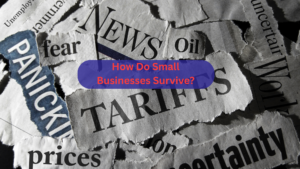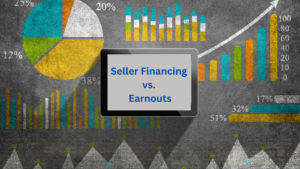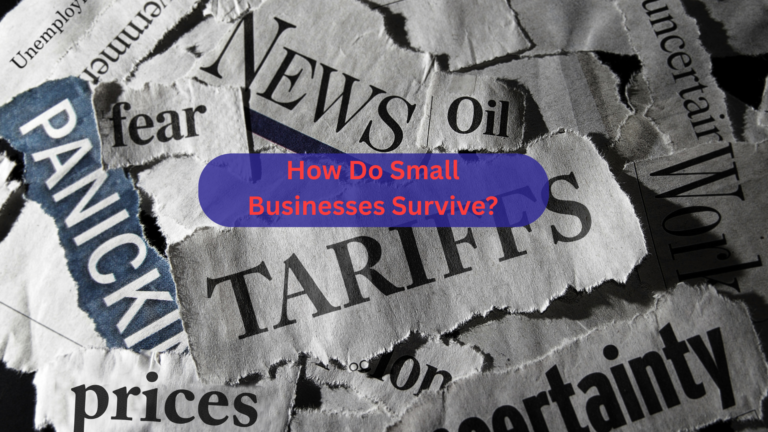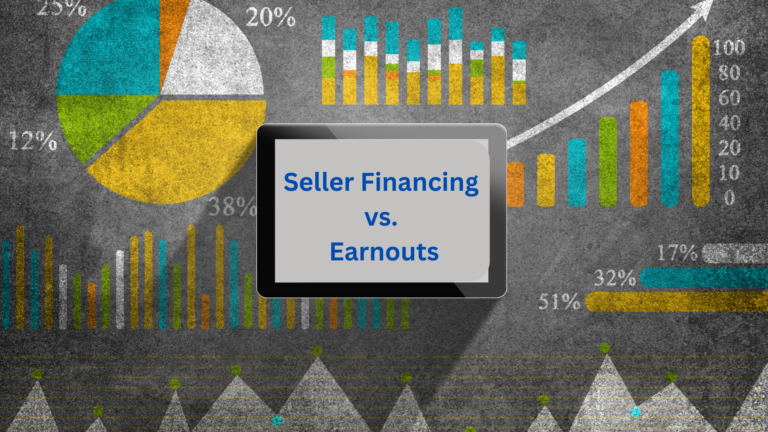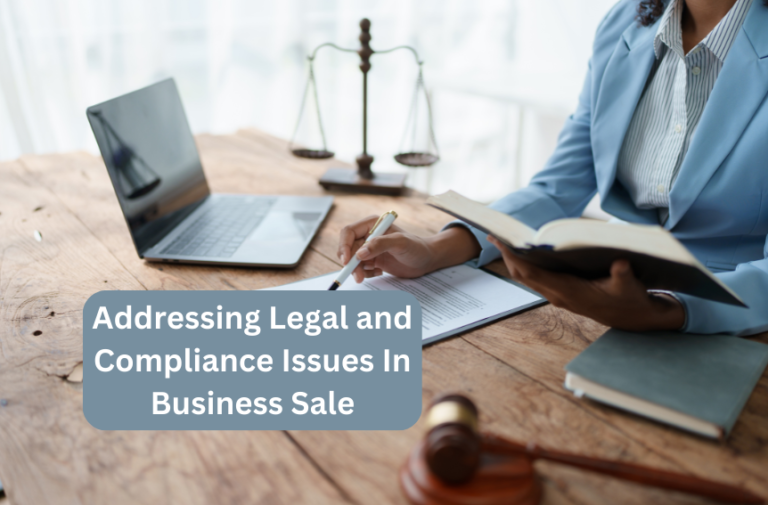Worried about selling your business in today’s unpredictable economy? You’re not alone. Headlines about rising tariffs, higher inflation, crashing stock markets, and global instability can make it feel like now is the worst time to sell. But here’s the truth: even in times of economic turbulence, a successful sale is absolutely possible. With the right preparation and expert guidance, these periods can actually present unique opportunities for savvy sellers.
Why Consider Selling During Economic Uncertainty?
At first glance, it might seem counterintuitive. But savvy buyers and sellers know that opportunity doesn’t disappear in a downturn—it just looks different.
- Buyers are still active. Strategic acquirers, private equity firms, and well-capitalized individuals often view slowdowns as prime buying opportunities.
- Well-run businesses stand out. In uncertain markets, quality matters more. Businesses with recurring revenue, loyal customers, and solid systems become more attractive.
- More owners are thinking about succession. Times of uncertainty prompt reflection. Many owners begin thinking seriously about their next chapter.
What Buyers Look For in This Market
Economic uncertainty doesn’t scare buyers—it sharpens their focus. Here’s what they’re prioritizing:
- Predictable cash flow: Reliable revenue and profit trends are more important than aggressive growth.
- Operational efficiency: Lean teams, healthy margins, and streamlined systems are strong selling points.
- Customer diversification: A wide spread of customers helps reduce perceived risk.
- Clear growth opportunities: Even in down markets, buyers want to see upside potential.
📈 How to Position Your Business for a Successful Sale
In today’s market, preparation isn’t optional—it’s essential. The better positioned your business is, the more leverage you’ll have with buyers. Here’s how to maximize your value and stand out, even when headlines are uncertain:
1. Get Your Financials in Shape
Buyers need to trust your numbers before they’ll trust your value. Invest the time upfront to:
- Ensure your financials are accurate, up to date, and clearly organized.
- Work with a CPA to recast your financial statements to reflect true owner benefit.
- Separate personal expenses from business operations—this builds credibility and improves valuation.
- Prepare 3-5 years of financial statements and tax returns, along with year-to-date performance.
Solid financials aren’t just for show—they drive price, confidence, and deal terms.
2. Highlight Stability Over Speed
In uncertain times, buyers prioritize resilience over rapid growth. Position your business as a stable, reliable operation by showcasing:
- Recurring revenue streams, such as subscriptions or service contracts.
- Long-term customer relationships and retention rates.
- Consistent cash flow, even if growth has slowed.
- Your ability to weather economic shifts or seasonal fluctuations.
Make sure your marketing materials emphasize what makes your business “recession resistant.”
3. Reduce Owner Dependence
One of the biggest red flags for buyers is a business that can’t run without the owner. De-risk the deal by:
- Delegating core responsibilities to key employees.
- Developing a management team that can operate independently.
- Creating documented SOPs (standard operating procedures) for major functions.
- Automating repetitive tasks and improving training processes.
The less your business relies on you, the more transferable—and valuable—it becomes.
4. Diversify Revenue and Customer Base
Concentration risk is a big deal in buyer due diligence. You want to show:
- A diverse mix of customers, so no single client accounts for too much revenue.
- Multiple product or service lines, if possible.
- A healthy sales pipeline—not just a few big deals propping up the business.
If you do have a concentrated client base, be ready to explain why it’s not a risk—or what you’re doing to fix it.
5. Invest in Your Curb Appeal
Just like selling a home, first impressions matter. Take time to:
- Clean up your branding and marketing assets (website, sales materials, pitch deck).
- Refresh your physical location or equipment if it’s part of the business.
- Streamline back-office systems to show operational efficiency.
Presentation signals professionalism and pride in ownership—both of which boost buyer confidence.
6. Know What Your Business is Really Worth
Don’t guess. A professional valuation gives you a clear, data-driven understanding of your business’s fair market value. It should factor in:
- Your historical and projected cash flow
- Industry-specific multiples and buyer demand
- Current market conditions and comparable deals
Understanding your valuation also helps set realistic expectations—and defend your asking price when it’s time to negotiate.
7. Work With the Right Broker or Advisor
Selling a business is a complex process with a lot at stake. The right advisor helps you:
- Package and present your business to qualified buyers
- Avoid costly mistakes during due diligence
- Navigate negotiations and close on the best possible terms
At Accel Business Advisors, we’ve helped countless business owners exit successfully—whether the economy is booming or facing headwinds.
Final Thoughts
There’s a common misconception that you need to “time the market” to sell your business successfully. The truth is, the perfect time rarely announces itself—especially during periods of economic uncertainty. Waiting for everything to feel safe and stable might mean missing your window altogether.
What matters most isn’t the external conditions—it’s how well you prepare. With the right strategy, even a challenging market can be an advantage. Buyers are more selective, yes—but that means well-run, well-prepared businesses stand out even more. If your company shows stability, profitability, and clear growth potential, you’ll command attention—and competitive offers.
If you’re thinking about selling, let’s talk.


